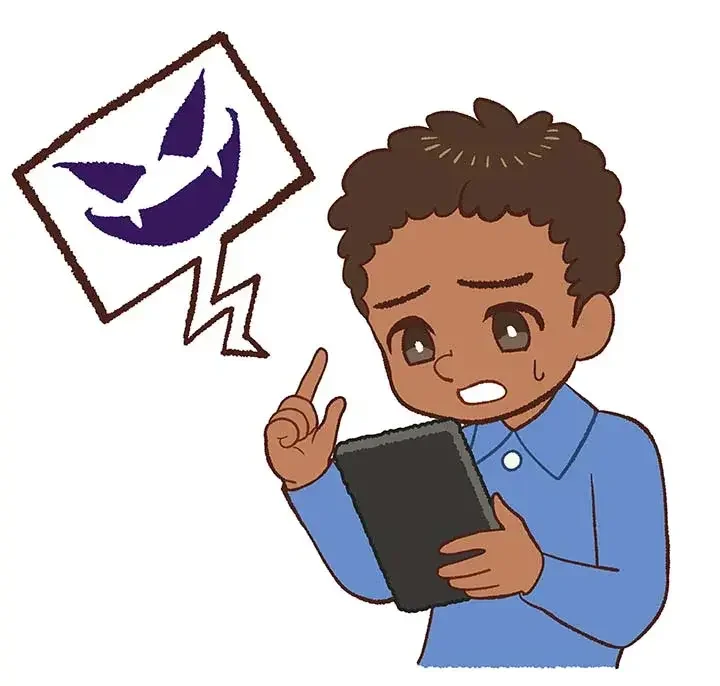Copyright infringement has become so prevalent that sometimes you are not even aware that you are infringing on another person's rights. Most of the time, copyright infringement is an innocent mistake—such as reposting an image on Instagram that you like and want to share. Other times, the infringement is intentional. Either way, if you infringe on someone else's copyright, you will very likely receive a Digital Millennium Copyright Act (DMCA) takedown notice.

Here's why you probably received the DMCA notice and what steps you should take to resolve the issue.
Understanding DMCA takedown notices
The DMCA was enacted in 1998 to expand existing copyright law to include and address issues surrounding the internet and digital media. A DMCA takedown notice is a tool that copyright owners can use to help enforce the protections that the DMCA provides.
Title II of the DCMA limits the liability of internet service providers (ISPs) in copyright infringement cases when they voluntarily comply with the law. A copyright owner provides notice to an ISP via the DMCA notice. To avoid liability, ISPs must respond to any complaint of copyright infringement by removing the work or the portion of work that has been identified, and contacting its client or account holder who was infringing on the copyright.
Six items must be included on a DMCA takedown notice:
- Signature of the copyright owner whose work was infringed
- Identification of the copyrighted work that has allegedly been violated (e.g., name, title, type of media)
- Specifics about the portion of the copyrighted work that has been infringed
- Contact information for the copyright owner
- Statement that indicates that permission has not been granted to use the copyrighted work
- Statement that the information contained in the DMCA takedown notice is accurate and that the person writing the notice has the authority to act on behalf of the copyrighted work (can either be the copyright owner or an agent of the copyright holder).
While sending the DMCA takedown notice to an ISP is most common, the copyright owner can also directly contact the copyright infringer directly by sending a takedown request, an invoice with the cost of licensing rights to use the material in question or a request that you add a credit to the material. You may also receive communication from an attorney representing the copyright owner seeking any of the above.
Your next steps
Once you receive a DMCA notice—either directly or through your ISP—review and confirm the alleged copyright infringement listed on the takedown notice. If you can confirm that there is a copyright infringement, you should proceed with taking down the identified material.
However, if you have reason to dispute the takedown notice because you have permission to use the copyrighted material, send a counter-notification back to the party who sent you the takedown notice—your ISP, the copyright owner or their agent.
No matter who sends you the DMCA takedown notice and whether you confirm or dispute the alleged copyright infringement, it is crucial that you respond to the notice immediately. If you fail to respond, you could be facing a copyright infringement lawsuit.

